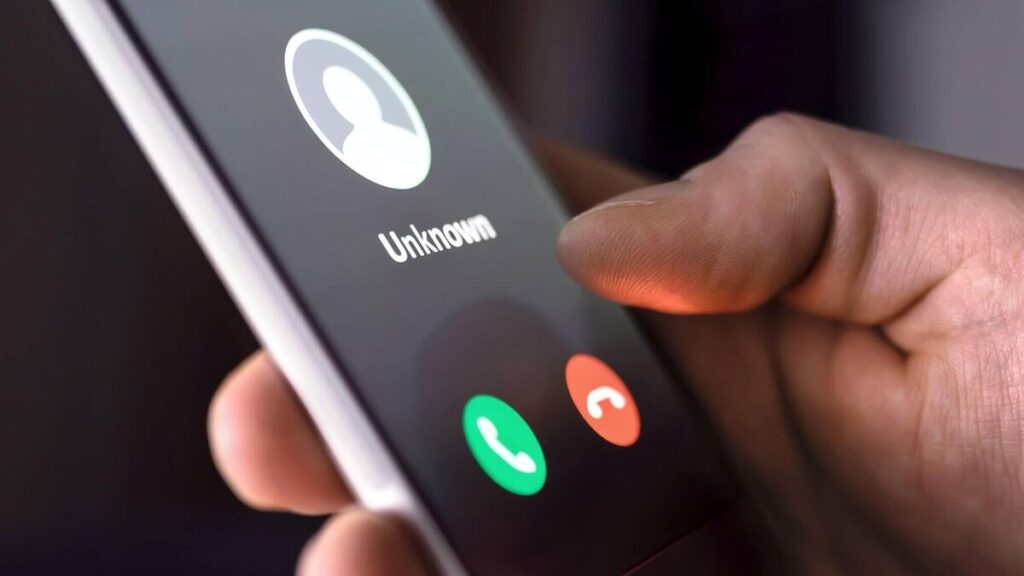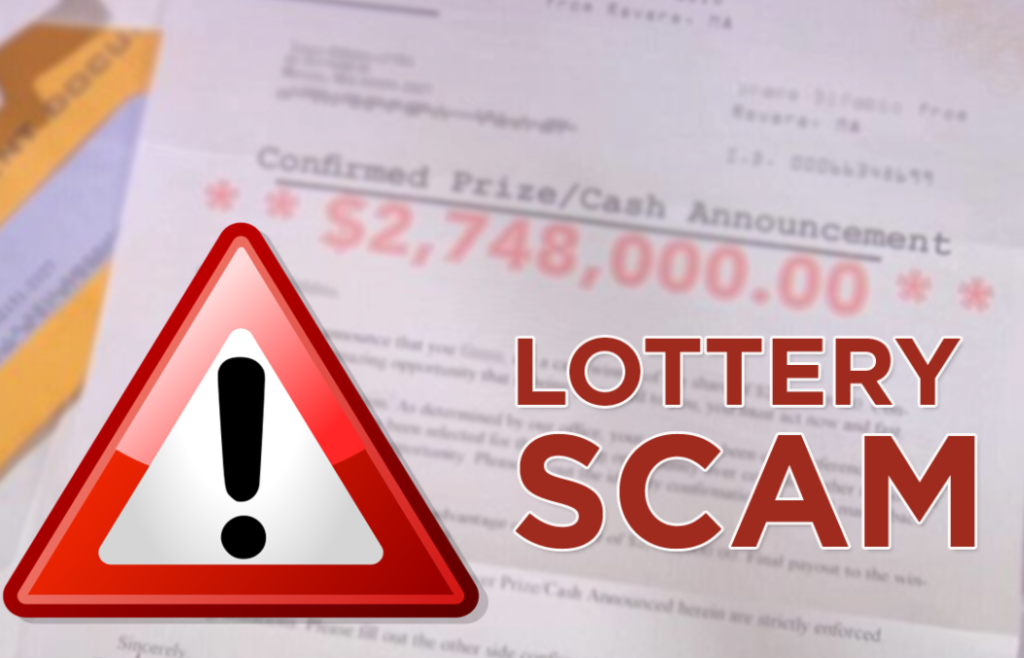Fraud is a multi-billion dollar industry today which affects people from all walks of life all across the world. With more and more of us being pushed online for banking, shopping, and communication, the chance of being targeted by fraudsters is increasing all the time.
According to the latest collated figures in a research poll – up to July 2017, some 5 million older people are believed to have been targeted by scammers according to Which?, but this is likely to be a significant under-estimate of the real numbers. Unfortunately, the ones most likely to fall victim to fraud are those who live alone with no one to look out for them, or who have dementia. The non-profit organization The Live-in Care Hub (https://www.liveincarehub.co.uk/) recommends that caregivers read this guide to the most common scams and how to help clients avoid them.
What is a scam?

Source: krcgtv.com
In short, it is a deliberate attempt to obtain information from you in order to get access to your personal details and your money. Stealing personal details such as your date of birth, address, passwords, account numbers, and national insurance number is known as Identification Fraud, and these details are the route to your bank and credit card accounts.
Don’t imagine that scammers are obvious, that you would spot one coming from a mile away. Scammers these days use all kinds of methods to gain your confidence, including posing as bank or tax officials or even police officers. Scams are perpetrated by individuals and by organized gangs and will approach their victims by post, text, email, or by home visits.
1. Cold calling phone scams
Cold calls to your landline or mobile can be annoying and are usually made by some company trying to sell something like boiler cover or solar panels. A popular one doing the rounds is one informing you of ‘suspicious activity’ by someone attempting to buy an expensive iPhone on your Amazon Prime account (even when you don’t have an Amazon Prime account), a clear attempt to get your personal and banking details in order to stop this non-existent transaction.
Annoying as these are, they can be stopped by registering with the Telephone Preference Service in the UK on 0345 070 0707
2. Banking scams

Source: aarp.org
You receive a call out of the blue from someone claiming to be from your bank and informing you of a problem with your account or bank card. Or they may inform you that a third party has attempted to withdraw money from your account or use your card. They will go on to ask you for details of your account and card numbers, PINs or passwords, then here comes the scam. They will ask you to set up a ‘safe’ account to transfer your money to. Or, they will offer to send a courier to collect your card.
Banks will never ask for your personal account details over the phone and will certainly never send a courier to collect your card.
3. Computer repair scam
Many of us will have experienced this type of telephone scam. A caller claims to be from Microsoft and says your computer has a virus and you should allow them remote access to your computer to fix it or that you should download their anti-virus software immediately. The purpose is to install spyware and steal your personal information. Take no action other than hanging up the phone. Microsoft will never cold call you.
4. Fake accident compensation calls or texts

Source: irishexaminer.com
A communication says that your recent car accident means you are entitled to compensation. These are sometimes genuine touts for business but never fall for them. If you have genuinely had a car accident, your insurer will deal with it.
5. HMRC scams
You may get a call, email, or text implying you have failed to pay a tax bill, or that there is a tax refund waiting for you. This is an attempt to get you to reveal your personal ID and banking information in order to steal your money. The tax office will never contact you this way or press you for your bank details over the phone.
6. Pension and investment scams

Source: ai-cio.com
You get a call or email offering an unmissable and time-limited investment opportunity with promises of high-interest returns available only to a selected few. These are rarely genuine, and the caller will try to rush you into making a decision.
Pension scammers will tell you they know how you can unlock more than the normal 25% tax-free part of your pension or will try to persuade you to move your pension savings to a riskier scheme.
If you get one of these calls out of the blue, report it in the UK on 0303 123 1113
7. Anti-scam scams
You get a call or email claiming to be from a company selling anti-scam technology or a charity supporting scam victims. There are many online set-ups selling anti-scam apps or programs, but not all of these are genuine. If you already have a security app on your phone, these should deal adequately with spam. Contact the Charity Commission to find out if a charity is genuine or not.
You may get a call, text, or email asking for money to register you with the Telephone Preference Service, which is actually a free service.
8. Lottery or prize scams

Source: welovelotto.com
Calls, texts, emails or letters which say you have won a foreign lottery or a prize in a competition you haven’t entered should always be ignored. With these scams, you may be asked for a ‘deposit’ in order to claim a larger amount. Never send money.
Steps to take if you receive a scam call
• Never reveal any personal or banking and pin number details over the phone or online.
• If a caller is rushing you to make a decision or you feel harassed or intimidated, put down the phone.
• To check if a caller is a genuine use a different phone to call them back and do not use the number they’ve given you – find the genuine number yourself.
• Ask someone you trust to help you to set up call blocking on your landline and your mobile.
• Report any fraud or cyber-crime to Action Fraud in the UK on 0300 123 2040





